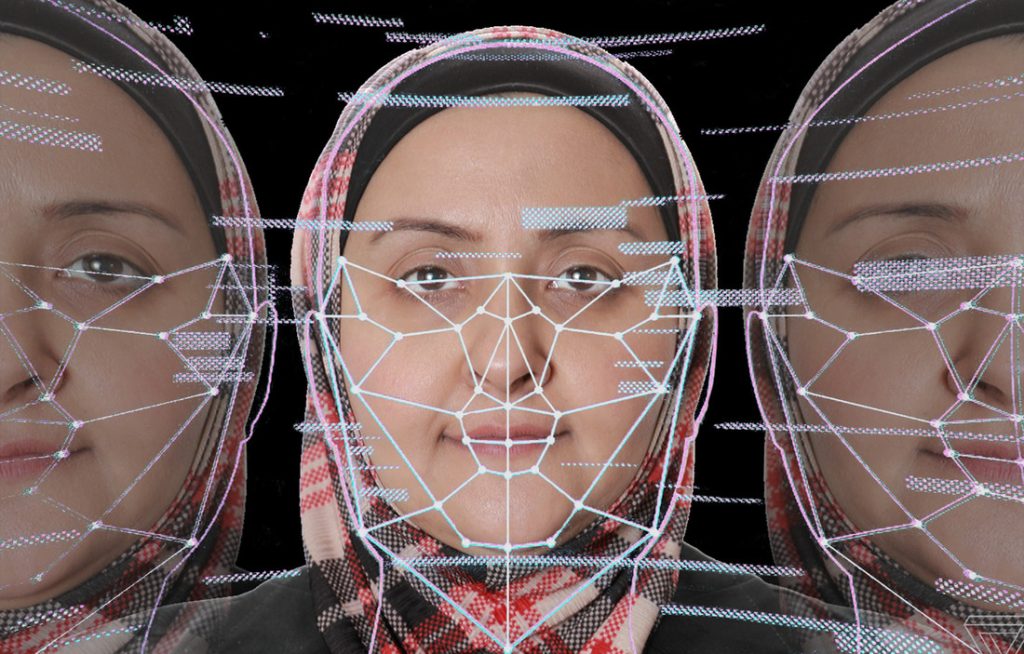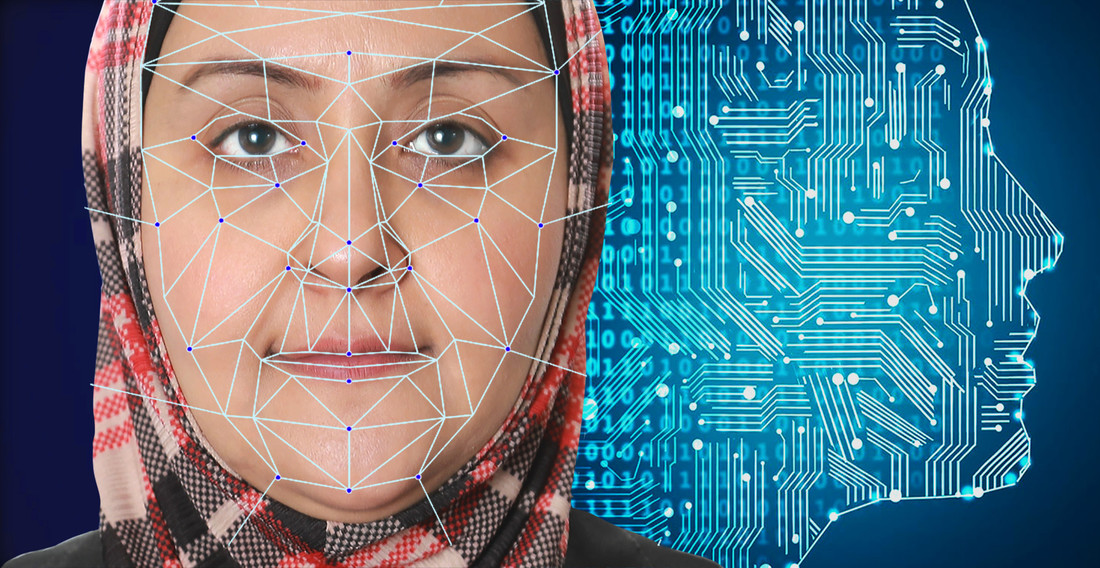Doctoral student creates software that can detect emotions
A University of Arkansas at Little Rock graduate has created a computer program that can identify emotions on a person’s face in real time.
Suzan Anwar, of Little Rock, graduated May 11 from UA Little Rock with a Ph.D. in computer and information science. In August, she will begin a new position as an assistant professor of computer science at Philander Smith College, where she has taught robotics courses for the past year.
Anwar and her dissertation advisor, Dr. Mariofanna Milanova, professor of computer science, created a face analysis package that uses face and eye detection and eye tracking software to recognize emotions like happiness, sadness, anger, disgust, fear, and surprise. The second part of the system can track the position of a person’s head and what their eyes are looking at when they feel a specific emotion. The software has the potential for a variety of real-world applications.
“I’d like for it to be used in the medical field to help kids with special needs,” Anwar said. “It can be used in marketing to see what products are grabbing people’s attention. In education, you can use it for non-native speakers to see what emotions they experience while learning a new language.”
The software has already been used to ensure that weary truck drivers do not fall asleep at the wheel.
“A trucking company uses it to give alerts to truck drivers who are falling asleep while driving,” Anwar said. “An alarm will go off on the driver’s phone, and the trucking company will receive a call to say they have a driver asleep.”
Anwar also sees a future for the application in security to identify people who are about to commit a criminal act.
“We’ve previously worked on a project for airport security,” she said. “We can link facial and emotion recognition with behaviors to learn if a person is acting suspiciously. When we see images or videos of attacks in the news, the people responsible are often acting suspiciously. If someone had noticed, I think eventually we could avoid a lot of these attacks.”
Anwar earned her bachelor’s and master’s degrees in computer science in Iraq, where she worked as a lecturer in the Department of Computer Science at Salahaddin University for 12 years.
“My husband (Jarjees Khaidir) started here in 2009 while I was back in Iraq completing my master’s degree,” she said. “He encouraged me to apply to UA Little Rock after he saw how good the Department of Computer Science is.”

Now that her studies are completed, Anwar, her husband, and three children are going on a trip to visit her family in Iraq before she begins her faculty position at Philander Smith in August. The couple has two daughters, 14 and 17, as well as a 4-year-old son, whom Anwar calls her “Ph.D. baby,” since she had him during her first year of doctoral studies.
As an instructor and research assistant at UA Little Rock, Anwar’s research all began with a memorable trip to Arkansas Children’s Hospital.
“I had a course with Dr. Milanova, and you have to submit a project at the end of the semester,” she said. “We took a trip to Arkansas Children’s Hospital, where the researchers showed us a computer with a special camera. Children with autism would sit in front of the computer, and it would do emotion detection and eye gaze analysis. The problem is that kids don’t want to sit still for the research. The researchers asked if we could develop software that can detect emotions and gaze estimation on a tablet.”
After a year, Anwar and Milanova completed a program that can track the children’s emotion and eye gaze all while they are playing games on a tablet.
“The kids don’t even know the system is working while they are playing on the tablet,” Anwar said. “Children with autism don’t often look people in the eye. Sometimes, they only communicate through games. We saw that children show emotion while they are playing on the tablet, and the researchers are hoping to learn how this can help children with autism communicate better.”
At UA Little Rock, Anwar has won several awards, including the Outstanding First Year Ph.D. Student Award and the Top Ph.D. Student Award from the Department of Computer Science. Additionally, she has won the Applied Innovation Award and Outstanding Publication Award at the College of Engineering and Information Technology Open House.
